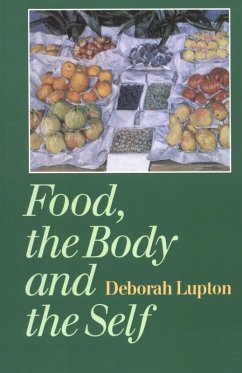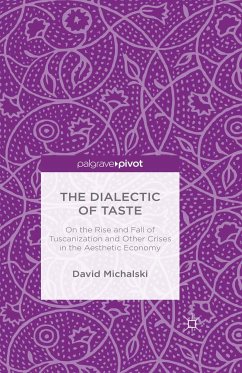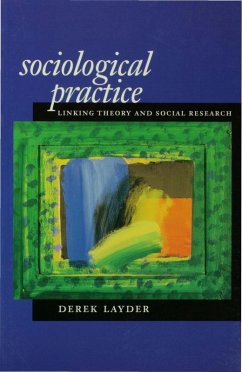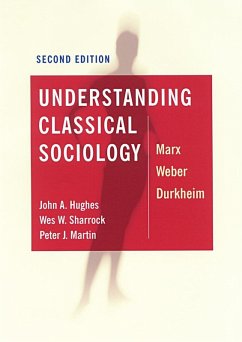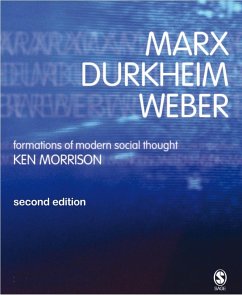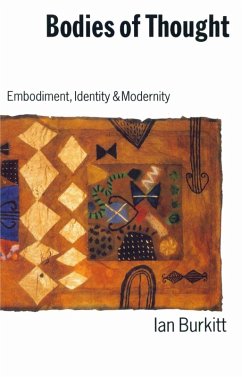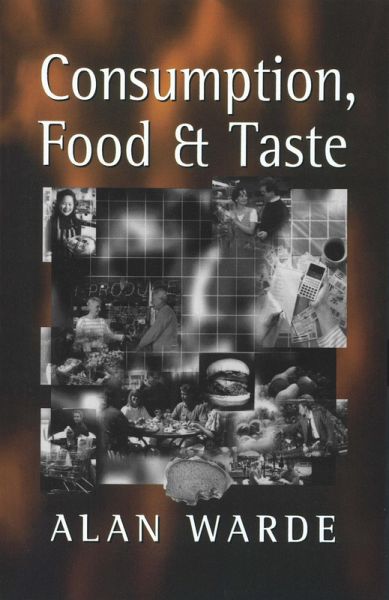
Consumption, Food and Taste (eBook, PDF)
Versandkostenfrei!
Sofort per Download lieferbar
52,95 €
inkl. MwSt.
Weitere Ausgaben:

PAYBACK Punkte
26 °P sammeln!
Exploring the expression of taste through the processes of consumption this book provides an incisive and accessible evaluation of the current theories of consumption, and trends in the representation and purchase of food.Alan Warde outlines various theories of change in the twentieth century, and considers the parallels between their diagnoses of consumer behaviour and actual trends in food practices. He argues that dilemmas of modern practical life and certain imperatives of the culture of consumption make sense of food selection. He suggests that contemporary consumption is best viewed as a...
Exploring the expression of taste through the processes of consumption this book provides an incisive and accessible evaluation of the current theories of consumption, and trends in the representation and purchase of food.
Alan Warde outlines various theories of change in the twentieth century, and considers the parallels between their diagnoses of consumer behaviour and actual trends in food practices. He argues that dilemmas of modern practical life and certain imperatives of the culture of consumption make sense of food selection. He suggests that contemporary consumption is best viewed as a process of continual selection among an unprecedented range of generally accessible items which are made available both commercially and informally.
Alan Warde outlines various theories of change in the twentieth century, and considers the parallels between their diagnoses of consumer behaviour and actual trends in food practices. He argues that dilemmas of modern practical life and certain imperatives of the culture of consumption make sense of food selection. He suggests that contemporary consumption is best viewed as a process of continual selection among an unprecedented range of generally accessible items which are made available both commercially and informally.
Dieser Download kann aus rechtlichen Gründen nur mit Rechnungsadresse in A, D ausgeliefert werden.




